Rarely are there reviews here, and this is not one.
Being an honorary 'Hollywood guy' my entire life, each 'awards season' I feel much like a black sheep.
Oscar, even an enlarged one with double the movie nominees, Oscar still fails the test of taste.
Abby Cornish and Paul Schneider have received some minor award notice for their acting, and the Academy is throwing them a bone by mentioning the costumes -- convincing ones -- of this film.
Jane Campion, so 'indie' in the world of megadollar film production, is one of those undernoticed directors who actually yield -- let me discharge this word once, and let it echo in our ears -- art.
The richness of this film's sound and images honors the richness of Keats' poetry.
And whereas relationships, nowadays the province of sentimentalized, tooth-bleached status-dating yuppies, or alternatively, infibulated tatterdemalion punks and skanks -- whereas those current relationships seldom register unless stinking of money or rough-and-tumble orgasm, this film honors the mutual attraction of its principals with simple, but deep tenderness. Another word worthy of echo in this context -- love.
The world of all true art is the world of self-conscious imagination. When we live there, in imagination, we find larger space even in the trivial. Greatness seems to fill a small world. Much of the Campion film deals with 'everyday' Hampstead, seen as then a world of bluebells and reeds, of needlework capable of duplicating forms of nature, of amateur neighbor voices charming a room with their chorus, of bedchambers made into 'butterfly farms'.
Of such things, our world, by extension, too. Likely more often than we admit, more than we give serious notice to for more than a flicker -- as though its fleetingness makes it less than real. What's imagined inhabits our world. So that we can inhabit it. Doing that, our lives have meaning.
.













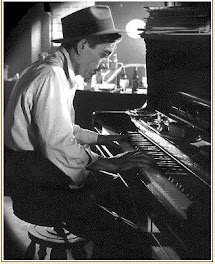
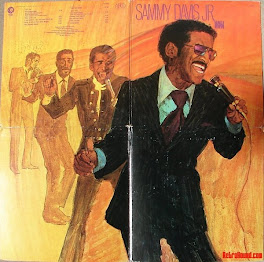




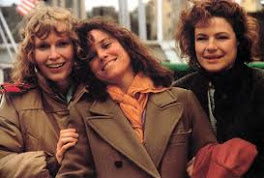
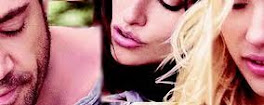

















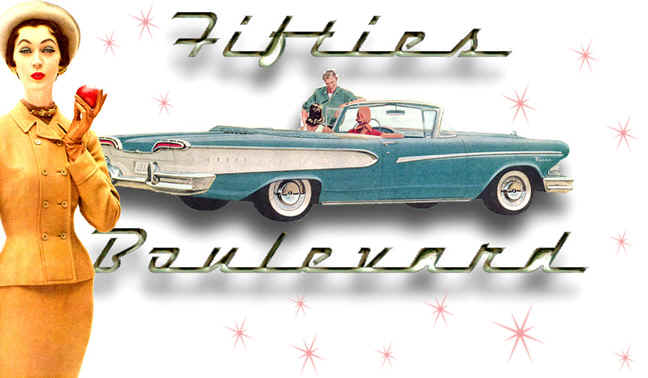
Now I do want to see this film! Interesting, your comment about self-conscious imagination as the world of all true art. Keats was very much engaged with the self-conscious imagination of the poet.
ReplyDeleteDo see it, Chris.
ReplyDeleteIt wouldn't surprise me if my subconscious was digging through what 'course notes' it retained about J.K..
Half-consciously (because only half-understood), I was trying to work into the conversation a Northrup Frye idea about levels of discourse.
As 'moderns', we've chucked out the allegorical meaning of things, finding the world some reflection of a godly message 'behind' it. And even those who did that had already amputated most of the 'magical' potency of words, the say-it-and-recreate-it hoodoo.
That leaves us 'descriptive' (by which I take Frye to mean 'scientific' or 'empirical') discourse, which tries its damnedest to keep its nose close and its eyes framed with purpose.
His notion of the poetic or metaphoric yields this Keatsian (if they are equivalent) 'imaginative' layer where we rise 'above' what's 'there' to see what's possible there.